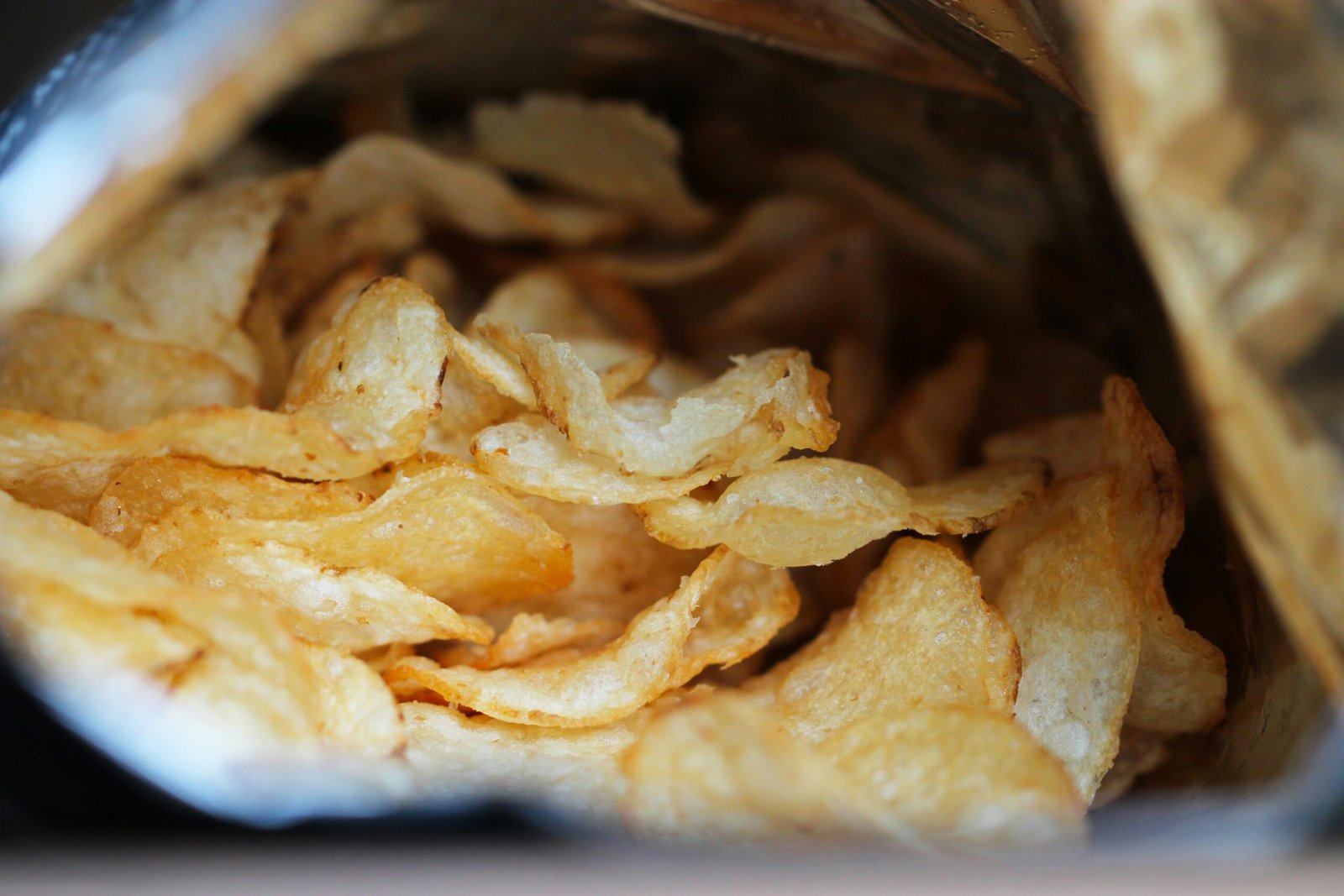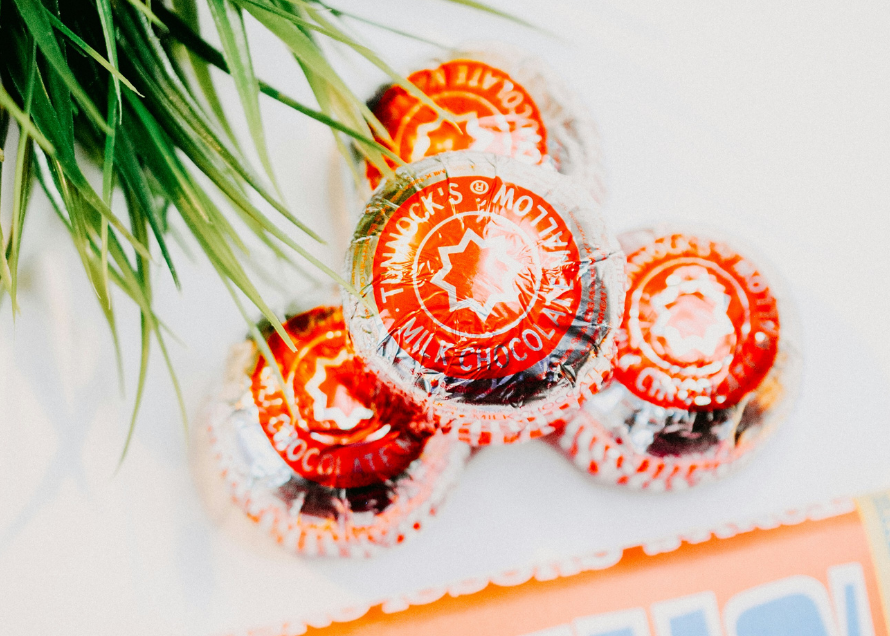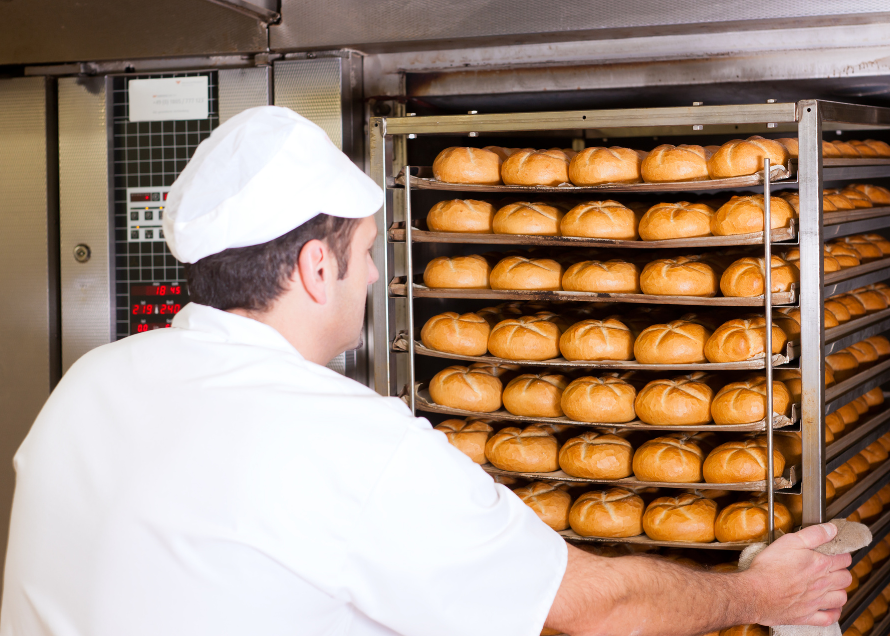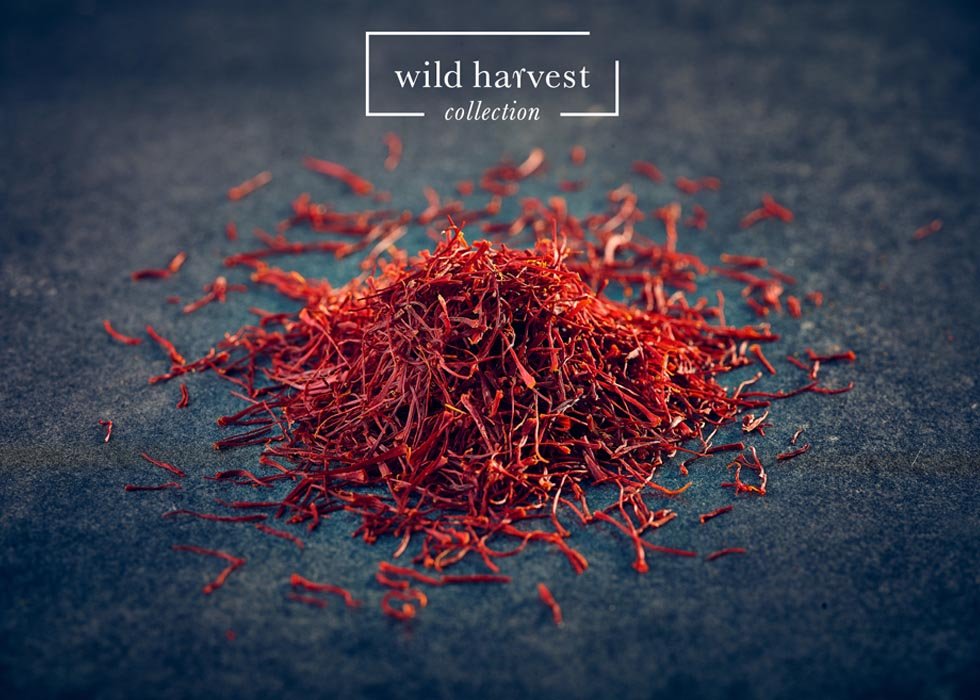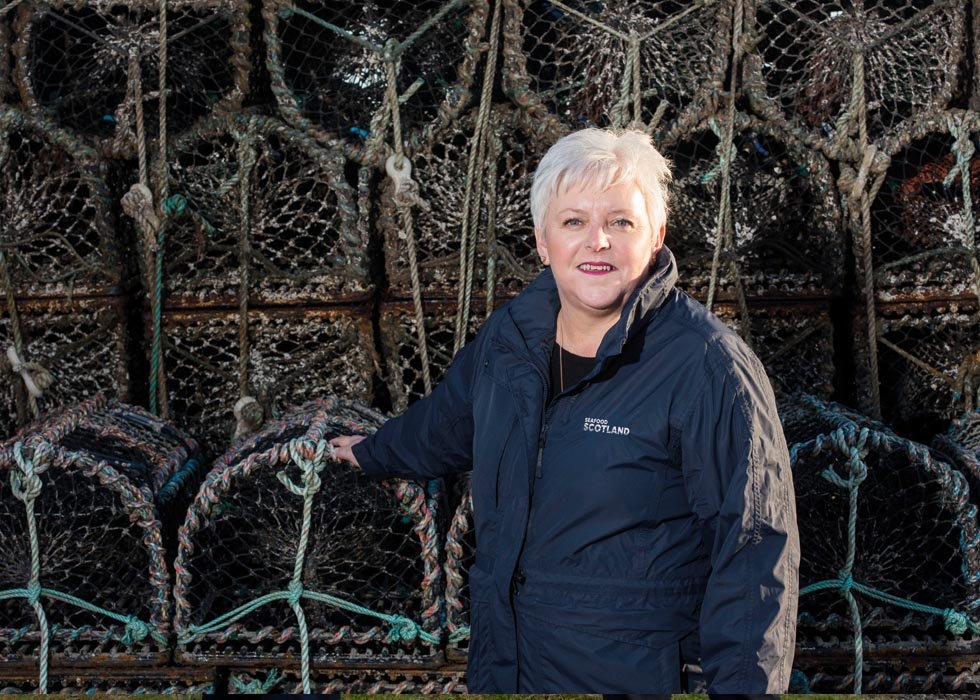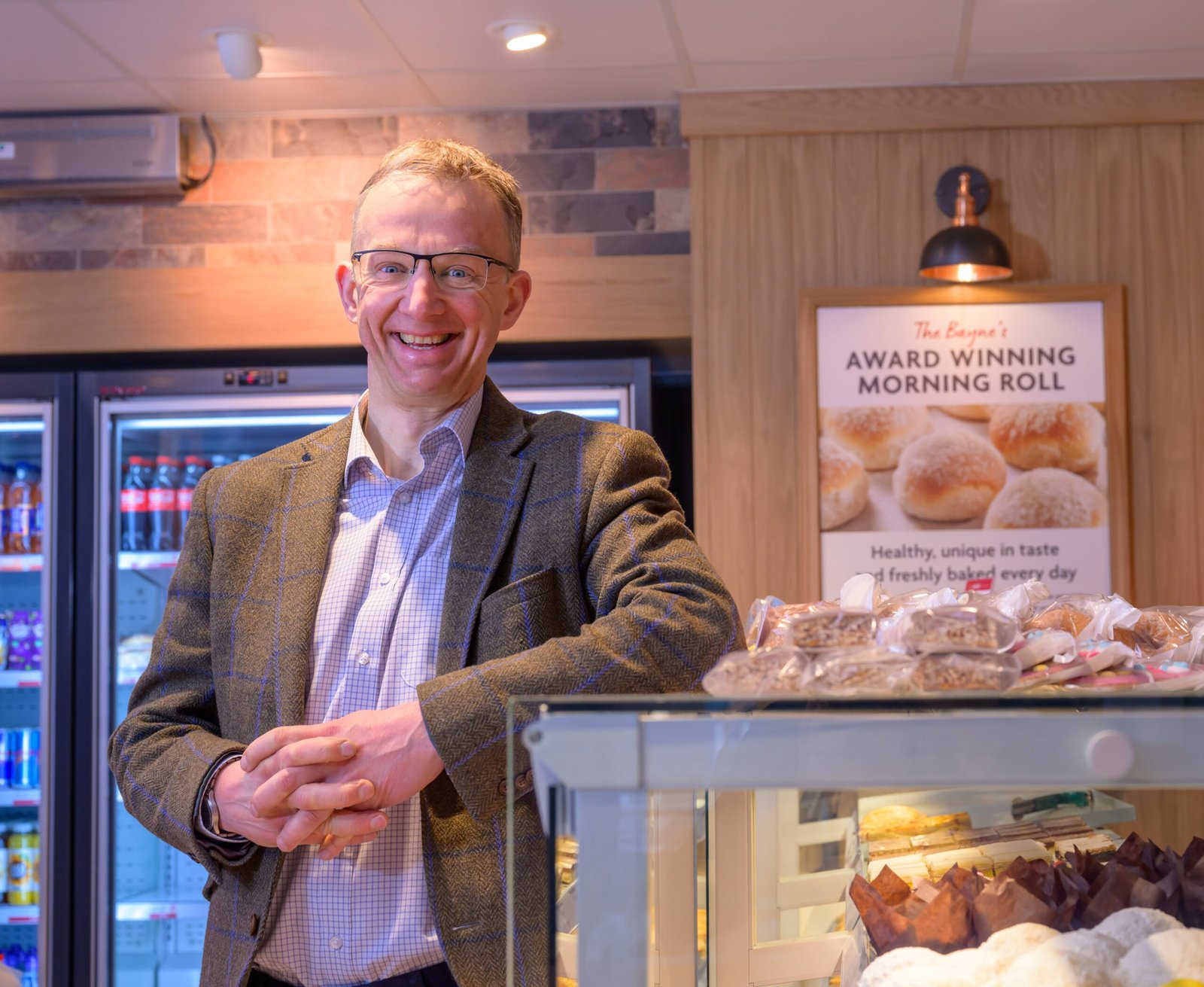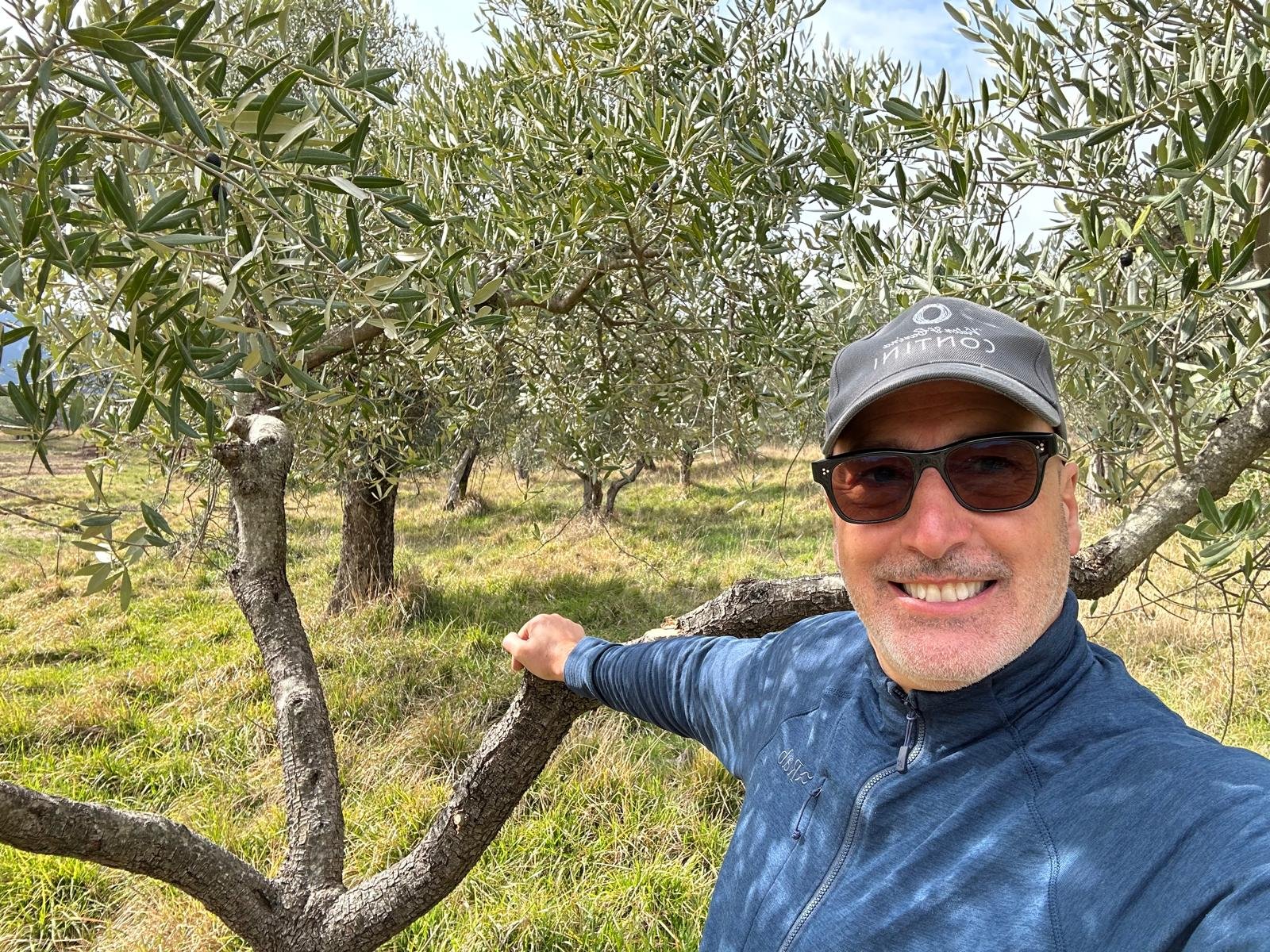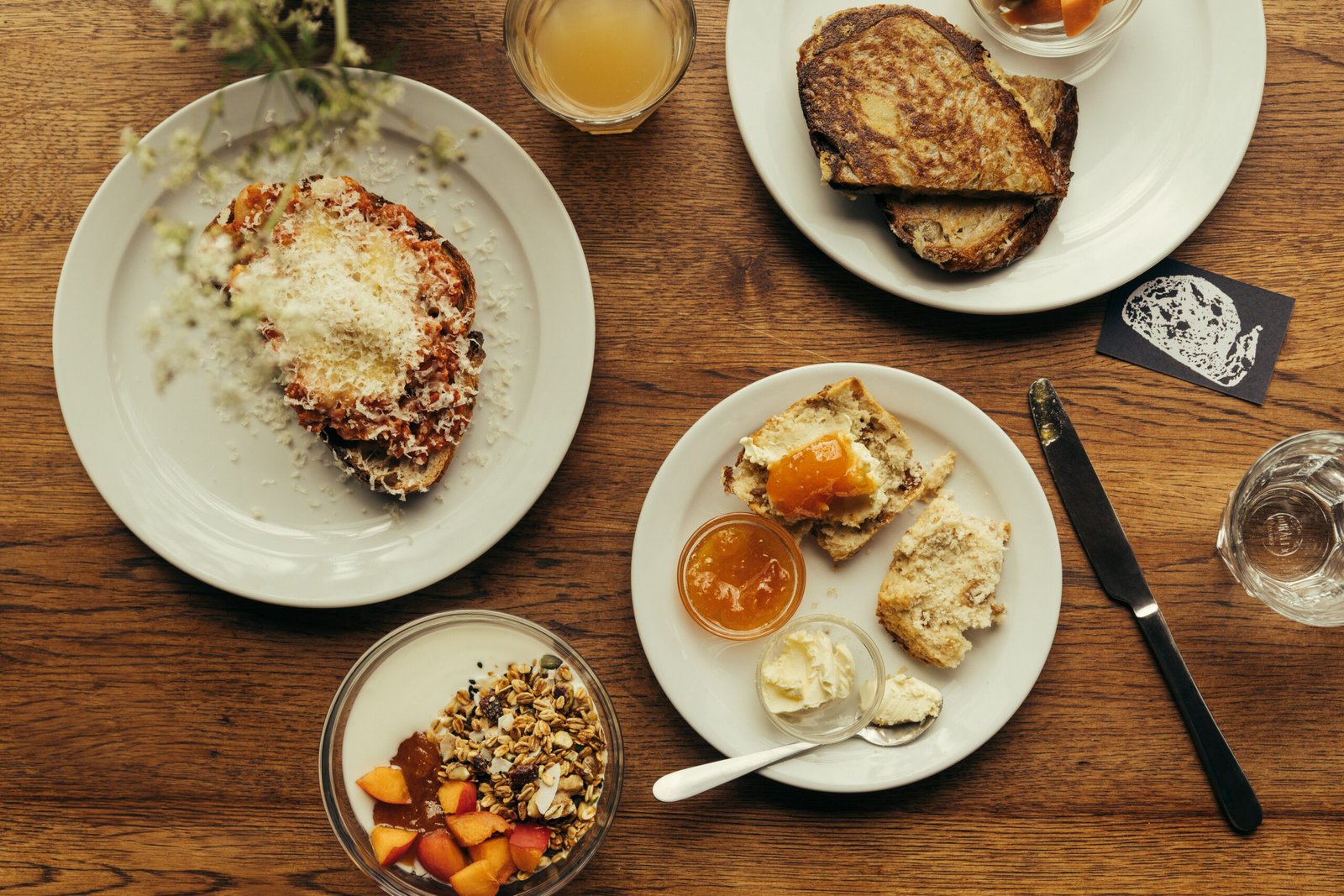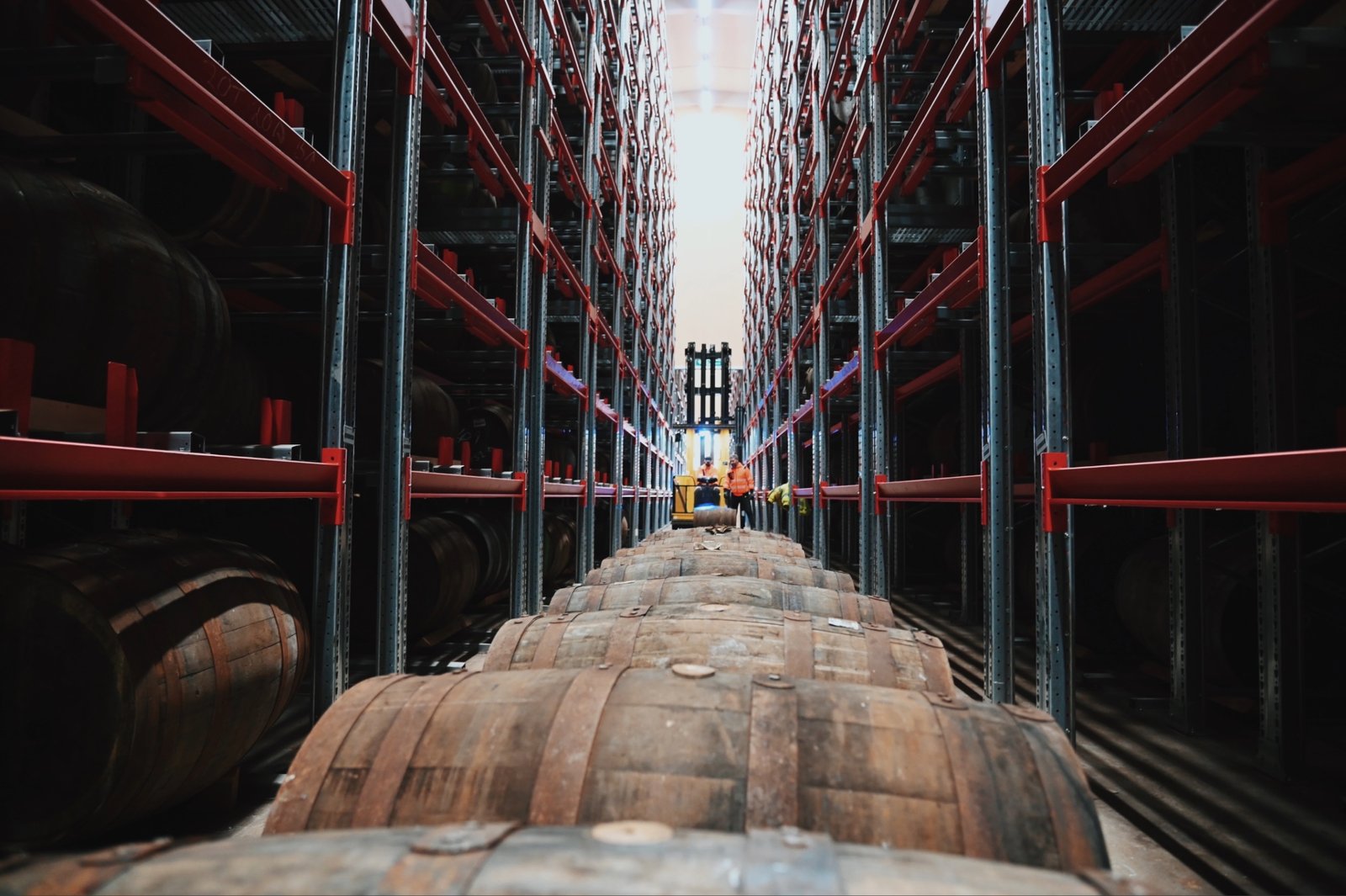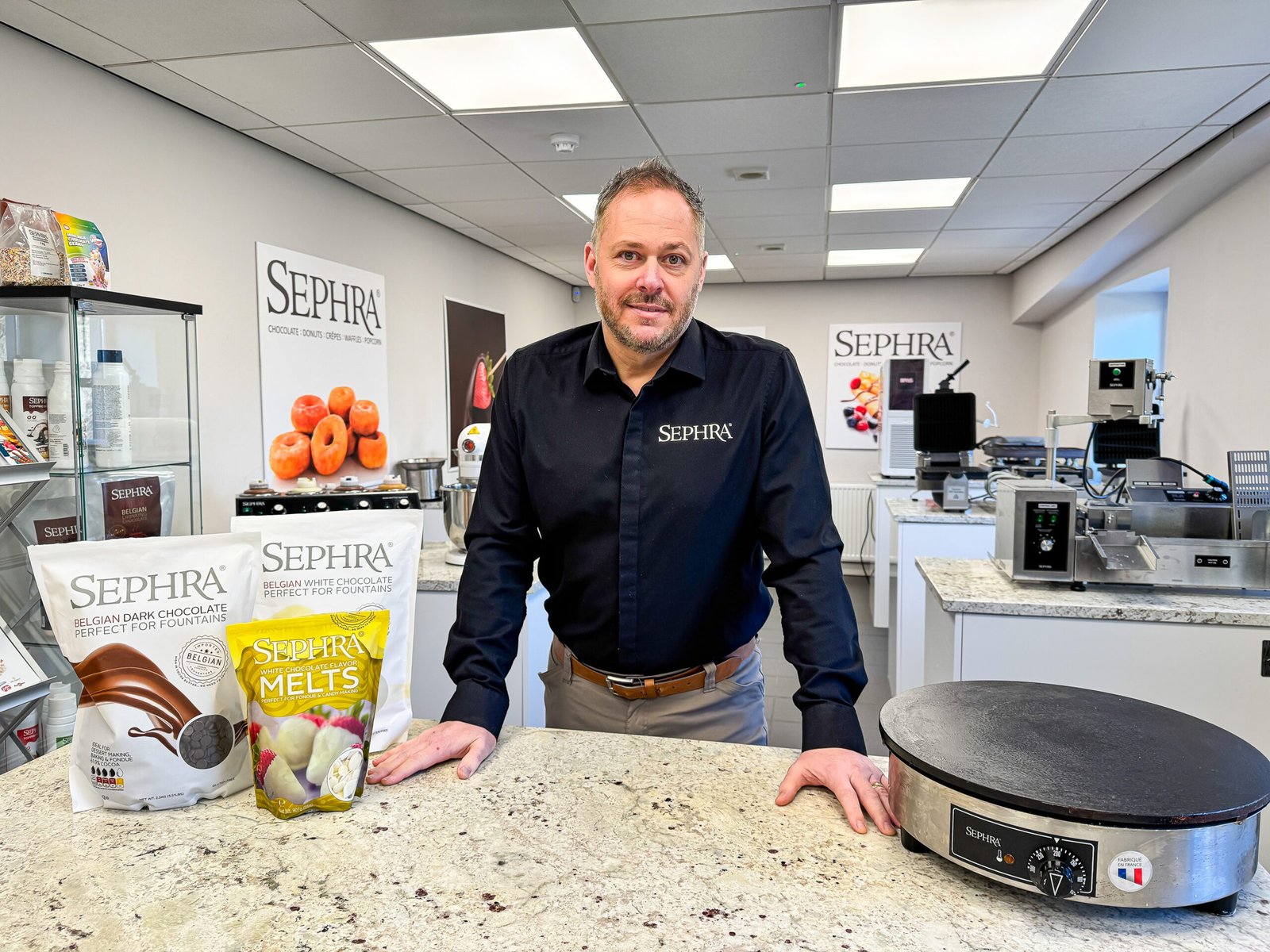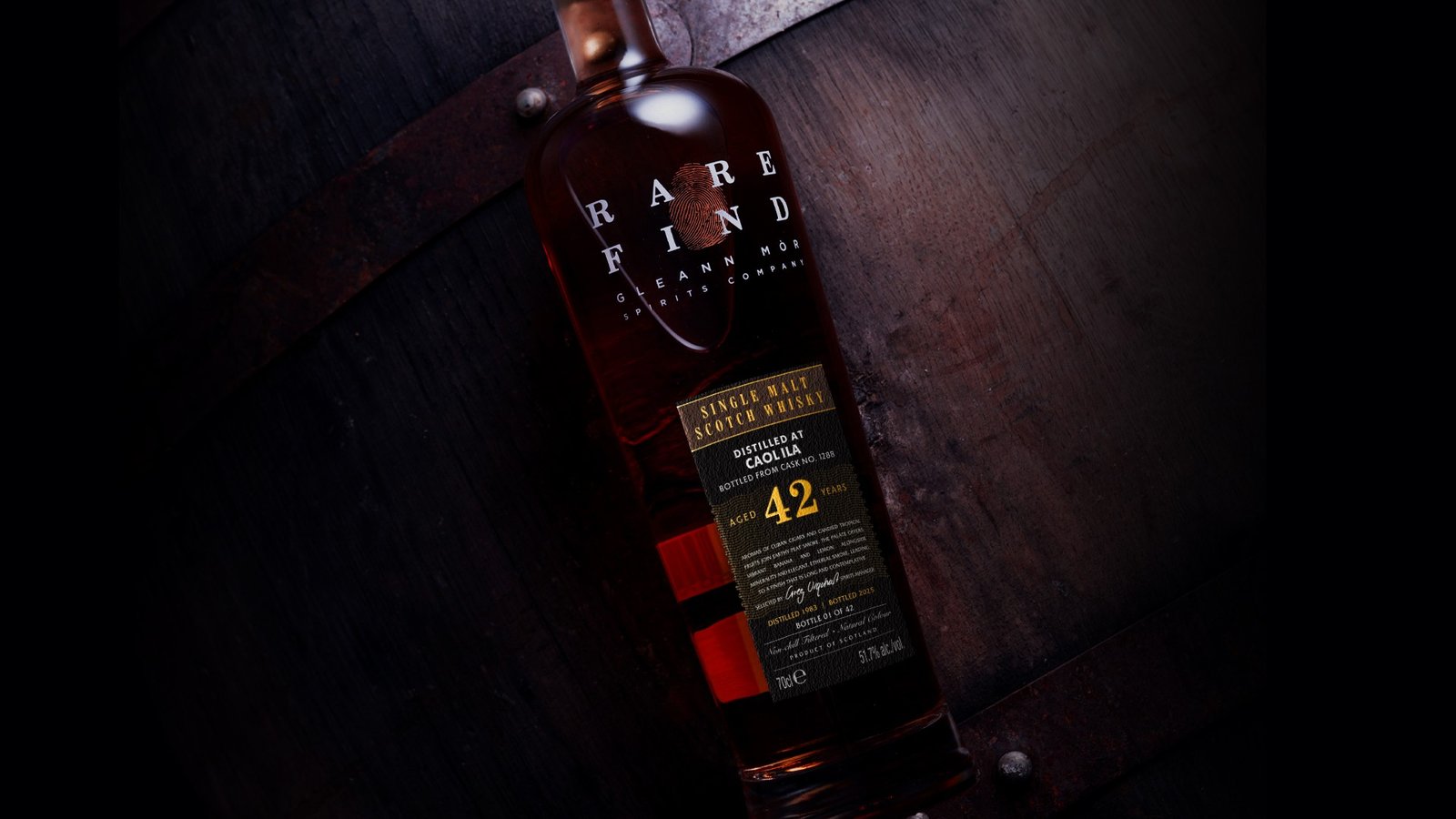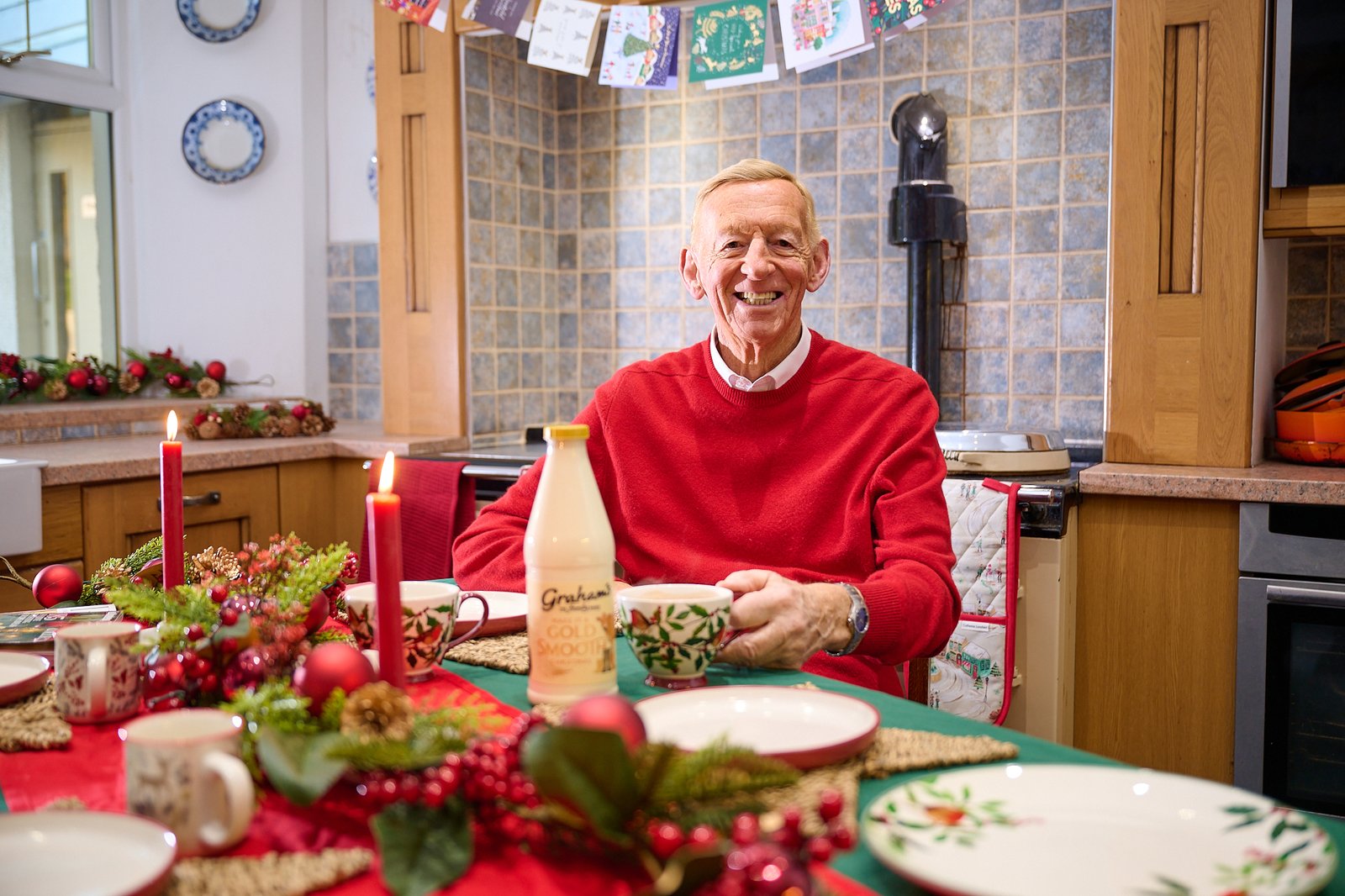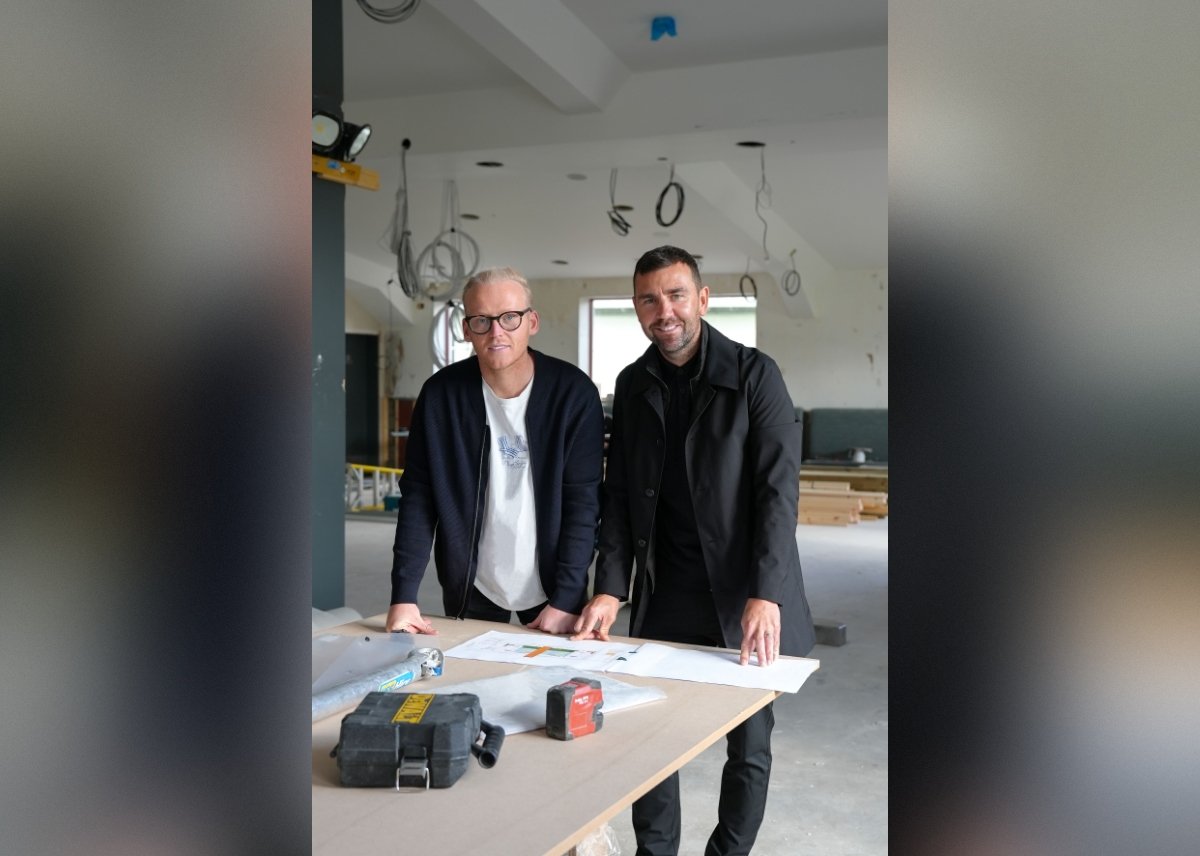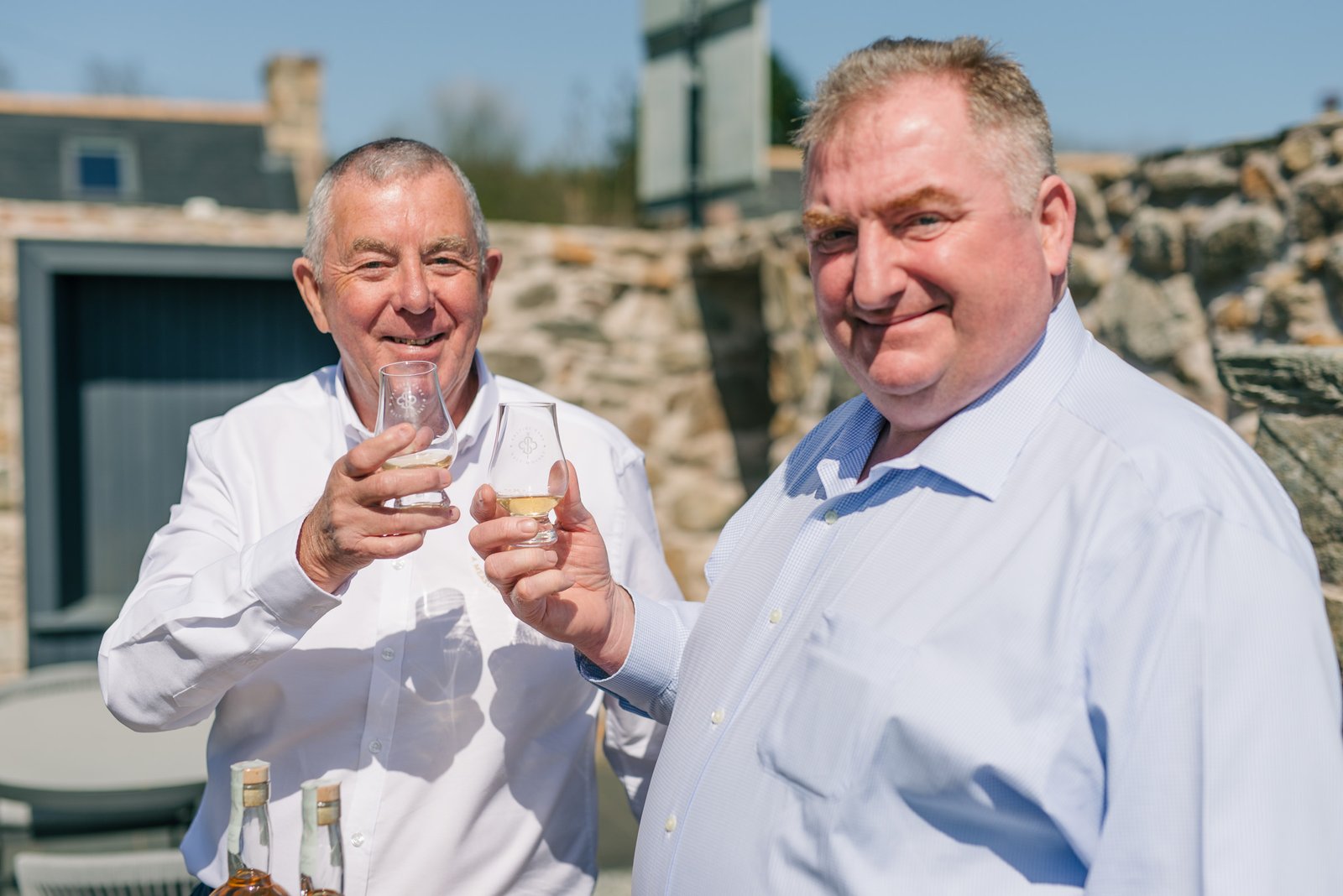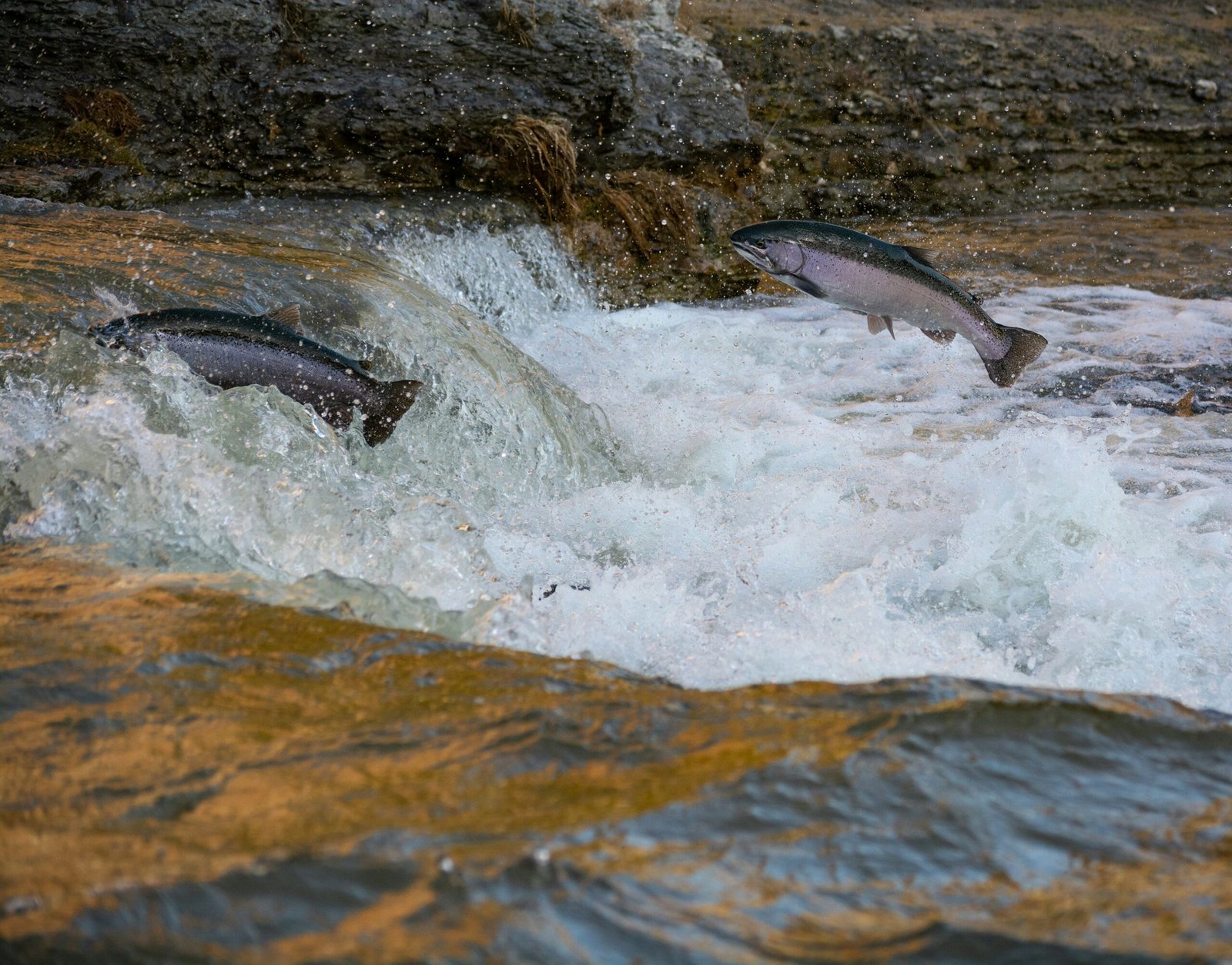SIGHT Scotland and Sight Scotland Veterans, Disability Equality Scotland and Oban Access Panel are warning retailers that the exclusion of braille on food products not only jeopardises independence but poses serious health risks for blind people.
Braille provides blind and partially sighted people with access to literacy, education, and information, which enhances independence and inclusion in society. Braille empowers individuals to access information independently and provides autonomy and accessibility in daily life. However, braille is still missing from most food products which means braille users cannot currently identify the food they want to buy or identify products they wish to consume.
Sight Scotland and Sight Scotland Veterans, along with Oban and District Access Panel, and Disability Equality Scotland, launched a petition with the Scottish Parliament last year demanding that new requirements are placed on retailers to provide braille labelling on food products. So far, this petition has gathered 1,400 signatures.
Davina Shiell, Director of Marketing, Communications & Engagement at Sight Scotland and Sight Scotland Veterans, commented: “Braille is essential for many blind and partially sighted people to live independently, but how can this be possible when they cannot identify the food they are buying or consuming. People living with sight loss have the same rights as anyone else and ensuring information is available in braille is vital for their inclusion in society.
“Imagine if all the labels were taken off the food products in the supermarket, how would a person with sight feel. Or if you are gluten free, or dairy free, or allergic to peanuts, but could not identify what was in food products. Quite simply, this would not be accepted in society and would cause an uproar, so why shouldblind people have to put up with it? Having product information available in braille will help people identify potential allergens, nutritional information, expirationdates, and cooking instructions. This knowledge is vital for their safety and health.”
Shiell added: “Including braille on food products would promote accessibility, independence, and inclusivity for individuals with visual impairments, contributing to a more equitable consumer experience for all.”
You Might Also Like:
 Can you fling a piece oot a 20-storey flat? This Glasgow business wants to find out
Can you fling a piece oot a 20-storey flat? This Glasgow business wants to find out
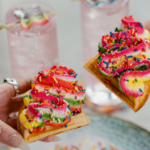 Duck & Waffle Edinburgh Celebrates Pride Week in Support of LGBT Health and Wellbeing
Duck & Waffle Edinburgh Celebrates Pride Week in Support of LGBT Health and Wellbeing
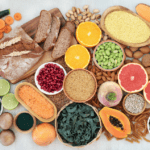 New research shows millions of Brits are missing out on health benefits of fibre
New research shows millions of Brits are missing out on health benefits of fibre
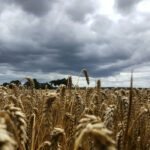 What extreme weather means for Scotland’s food security
What extreme weather means for Scotland’s food security
Marie Harrower, a member of Oban and District Access Panel and a braille reader, added: “We need as many people as possible to sign this petition as braille simplymust be added to food products for the inclusion of visually impaired people in our society. Braille labels enhance accessibility and safety for people who are blind or visually impaired and allows them to independently identify and select products based on their needs and preferences while shopping and in their home. Braille also empowers individuals with visual impairments by providing them with the ability to make informed choices about the food they purchase and consume.”
Please sign the petition asking for braille labels to be placed on all food products: https://petitions.parliament.scot/petitions/PE1997
For more information visit: https://sightscotland.org.uk/


